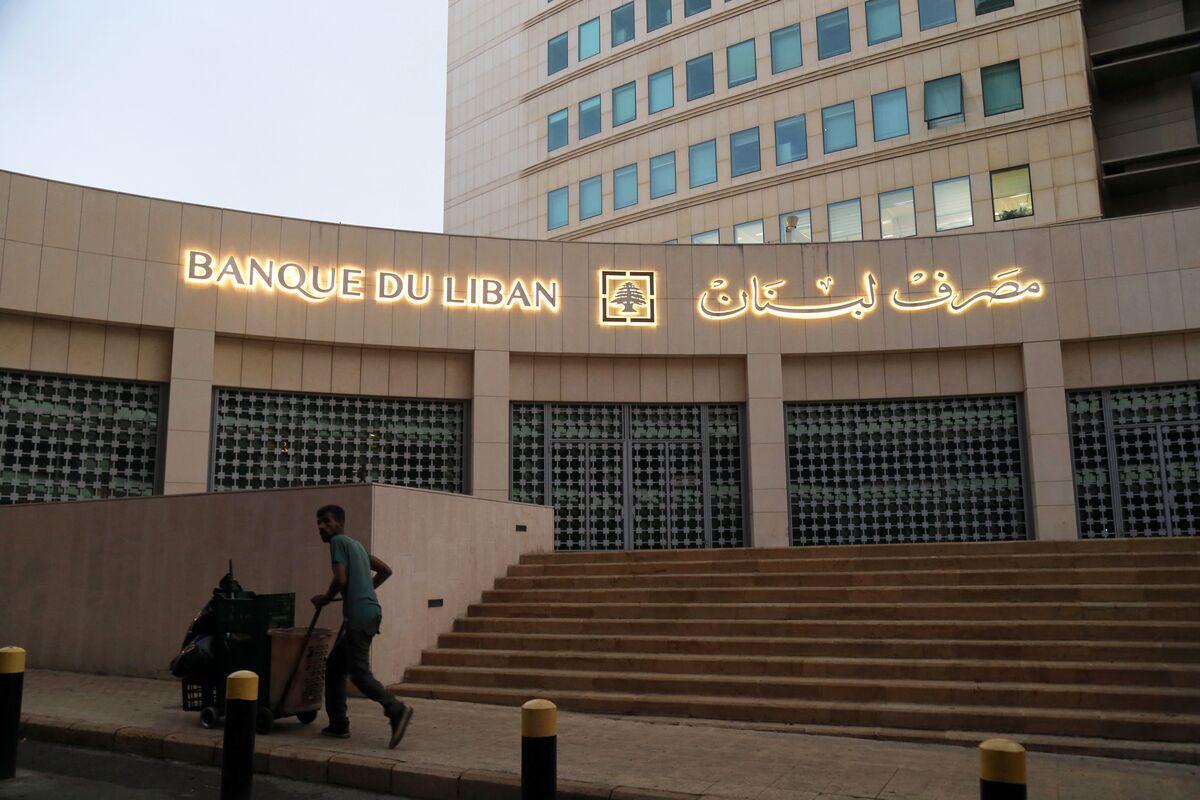
BEIRUT (Enmaeya News) — September 30, 2025
Lebanon's central bank governor, Karim Souaid, hosted a high-level French business delegation on Monday as part of growing efforts to attract international investment and accelerate the country’s economic recovery.
The delegation, made up of around 40 leading French companies specializing in urban renewal and reconstruction, was led by Gérard Wolf, president of MEDEF International’s task force on sustainable cities.
Wolf said this was the first MEDEF visit to Lebanon in four years and expressed the group’s interest in helping modernize the country using top-tier technologies. He confirmed the French delegation’s willingness to invest in vital sectors such as transportation, energy, healthcare, and urban infrastructure.
Souaid presented the central bank’s four-pillar strategy to stabilize and reform the financial system.
The first pillar, he said, focuses on improving and cleaning up the central bank’s balance sheet. The second involves identifying the size of financial losses, with Souaid stating that the long-awaited financial gap law is expected to be finalized by the end of this year.
The third pillar is centered on the fair distribution of financial losses, requiring all parties—including the state, commercial banks, and the central bank itself—to assume their share of responsibility. The final pillar addresses the legal and regulatory framework needed to implement reforms.
Responding to a question about the return of lending activity, Souaid said he expects credit to resume in 2026, which could help restart economic momentum.
In his remarks, Souaid emphasized that Lebanon has endured a severe financial and banking crisis that has weakened every sector of the economy and undermined the banking system. He said the central bank is now committed to a new approach rooted in transparency, discipline, and a break from past policies that worsened the crisis.
“The central bank is no longer providing unconditional support to government policies,” Souaid said. “Instead, we are building a sound monetary structure focused on long-term stability, aligned with international standards and legal frameworks, and moving away from the pursuit of short-term profits.”
He also laid out his roadmap for restructuring the banking sector. The plan includes repairing the central bank’s balance sheet, protecting depositors’ rights, and distributing losses in a balanced manner among the government, commercial banks, and the central bank, which has pledged to bear the largest portion of the burden.
“These are not theoretical suggestions,” Souaid said. “They are practical steps, implemented under local oversight and with support from international partners such as the IMF, World Bank, and the French government. This reflects our real commitment to restoring trust.”
Souaid stressed that economic recovery in Lebanon must begin with rebuilding confidence, especially in the financial system. “A functioning economy cannot exist without a banking sector that is well-governed, adequately capitalized, and able to finance businesses and individuals,” he said.
He reiterated that returning depositors’ funds is a top priority—whether through liquidity or financial instruments backed by the central bank’s assets.
Souaid also invited French investors to expand their presence in Lebanon and take part in the country’s reconstruction and economic revival. “Despite all that Lebanon has been through, it remains a center of innovation and leadership in the region,” he said. “We are on the path to regaining our role as an attractive destination for investment and meaningful partnerships.”
He added that Lebanon’s financial reforms will not be temporary or cosmetic. “They are based on firm foundations of governance and transparency, inspired by successful global experiences—especially the French model of public finance management.”
Souaid concluded with optimism, expressing hope that Lebanon will once again become a land of opportunity, offering a fertile environment for investment and sustainable economic development.



